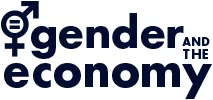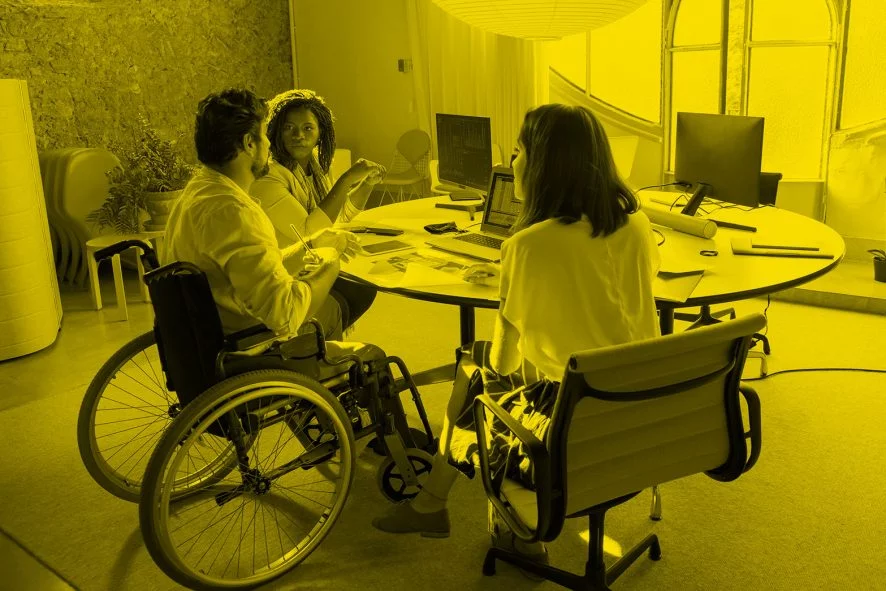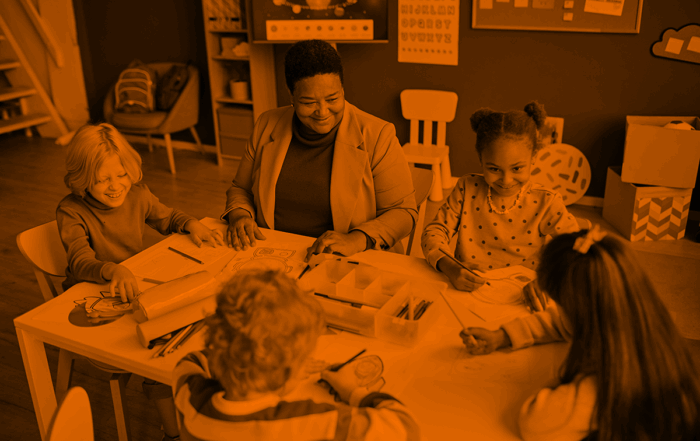Overview
AccessNow is an app that empowers people with disabilities to find accessibility information for locations around the world. This case study shows how founder Maayan Ziv innovated and used human-centred design to not only create the app but also to generate awareness and a cultural shift around accessibility.
Course Topics:
- Innovation and entrepreneurship
- Disability and accessibility
- Human-centred design, Universal design
- Business design
Introduction:
AccessNow is a crowdsourced app developed by Maayan Ziv in 2015. It is designed to empower those with disabilities to live more independently by making it easier to access information about accessibility for locations around the world. Driven by the mission to “share accessibility information around the world by mapping as many places as we possibly can,” Ziv has created a community of users who input data into the app. This community is composed of people living with or without disabilities, and user engagement is critical to ensuring the platform provides current and wide-reaching information. “Our goal is to develop a platform which will invite all people, with and without disability, to engage and share info about the accessibility of their own experiences, and overall, to help people get on with their life.” Born with muscular dystrophy, and a wheelchair user since childhood, Ziv understands the struggles that people with disabilities face when they try to find information on accessible places. This lack of information serves as another barrier to accessibility, and by extension, to freely living life. Ziv decided something needed to be done to fill this information gap and remove the barriers it created, not only for her own benefit, but for the entire disability community.

View and download the full case study.
__________________________
This case was written by:
This case was written by Ana Baseio and Victoria Sahagian. The authors prepared this case under the supervision of Professor Sarah Kaplan, with guidance from Alyson Colón, Bonnie Lam and Vanessa Serra Iarocci and research assistance from Carmina Ravanera.







